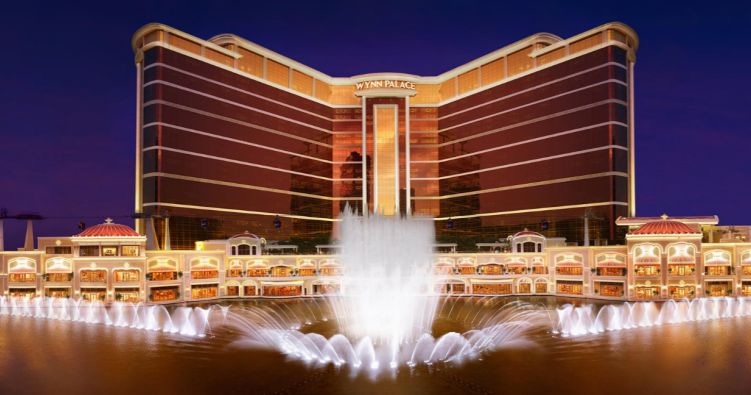After a 4.5 percent decrease in July, Macau has finally broken a losing trend beginning after May 2014. According to data from Macau’s Gaming Inspection and Coordination Bureau (DICJ) gross gaming revenue rose a little over 1 percent in August to MOP18.8 billion ($2.4 billion) – ending 26 consecutive months of decline for the world’s largest gambling hub.
Steve Wynn’s second casino in the area, Wynn Palace Cotai, opened on August 22 at a cost of over $4 billion, in a market where most analysts have been predicting a slow return to growth for next year. Many had concluded that losses would continue through 2016, but at less steep levels as the economy there prepares for a grinding recovery based more on mass gaming and non-gaming revenues than the VIPs from China the casinos formerly relied on.
Beijing’s crackdown on graft and corruption accounted for the loss of many high-rollers, but China’s economic slowdown also kept droves of “everyday gamblers” away, and those who came were not spending as much as visitors before them had. New properties are beginning to draw tourists from the mainland and elsewhere. Melco Crown opened Studio City opened in October last year following Galaxy’s Phase II expansion that saw the creation of Broadway Macau in May. Wynn Palace will be followed by Sands China LTD’s Parisian Macao in September, and then MGM Cotai by the second quarter of 2017 and SJM’s Grand Lisboa Palace, projected for an early 2018 opening. Luxury hotel, THE 13 is also expected to open before the end of 2016, but there has been no word yet on whether or when they may apply for a gaming license.
The broader economy of Macau is also on the mend, or at least shrinking at a slower rate. According to the Statistics and Census Service (DSEC); Investment continued to decline, but at a slower pace. Gross fixed capital formation, the gauge of investment, contracted by 15.2% year-on-year, notably smaller than the decline in the first quarter (-31.9%). The contraction in the second quarter was “mainly due to slower declines in service exports and investment, as well as a lower base of comparison in the previous year,” according to the report released Tuesday. Meanwhile, government final consumption expenditure rose by 3.1%, the only major expenditure component that registered growth.
The recovering broader economy seems to be attributable to the 16Q2 gaming numbers and beat analysts estimates which were mostly calling for at least a 1 percent year-on-year decline for the quarter.



